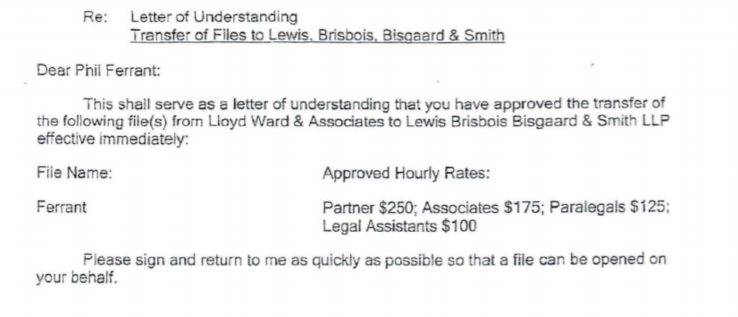 In TOS episode The Changeling, the Enterprise crew confronted a hostile space probe called “Nomad” (right). In Great Divide Ins. Co. v. Fortenberry, the Fifth Court confronted a nomadic case in which neither side established venue in Dallas County, when a provision of the Workers’ Compensation Act requires a case to proceed in the county where the employee resided at the time of injury.
In TOS episode The Changeling, the Enterprise crew confronted a hostile space probe called “Nomad” (right). In Great Divide Ins. Co. v. Fortenberry, the Fifth Court confronted a nomadic case in which neither side established venue in Dallas County, when a provision of the Workers’ Compensation Act requires a case to proceed in the county where the employee resided at the time of injury.
The plaintiff, a former Dallas Cowboy, averred that he lived in a Residence Inn in Dallas County at the time of his training-camp injury, but the Court found his affidavit did not establish the necessary facts that he had “some right of possession and not be a mere visitor” at the time. It also rejected arguments based on correspondence he received from the defendant insurance company’s office in Irving. But on the other hand, the insurance company failed to establish that it had a “principal office” in Travis County, just by showing that its agent for notice and filing was based there. Accordingly, the Court remanded for further development of the record about venue. No. 05-19-01541-CV (July 26, 2021) (mem. op.).



